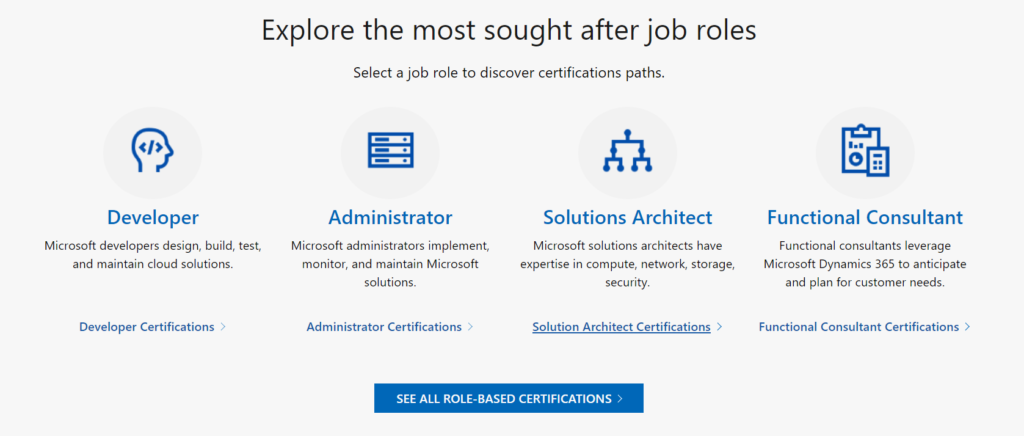Azure is arguably the most popular cloud provider out there, and with the recent US Department of Defense deal worth USD 10 billion, it has leap-frogged the competition (with Google, IBM and Oracle choosing not to compete or maybe not in the same league and AWS being the only contender). Additionally, closer home there was news about Microsoft India earnings crossing the USD 1 billion mark in the last fiscal with a big push attributed to Azure.
I had dabbled a bit in AWS and Azure before, but recently when we had a certain upskilling push at our organization I jumped head-first into it. So, a bunch of us were nominated to attend boot camps and I was chosen for the Azure track and specifically for the Azure 900 fundamentals course. It was a week-long session, with additional study sessions over the weekends. This was held in sometime in August and we had to enroll for the exam immediately after that. However, with sprints, release planning, demos, architectural reviews and with a heavy dose of procrastination, I never blocked a date for the exam. It was sometime in October, that I decided enough is enough and I had to prove to myself that I can get this certification done with 🙂
Firstly, an overview about certifications in Azure
Microsoft earlier had a popular certification called MCSE (Microsoft Certified Solutions Expert) which catered to Cloud Platform and Infrastructure. This certification basically needed a broad and deep knowledge of *almost* everything in Azure.
Azure is an huge ecosystem, and getting really good at a the whole thing was unwieldy, difficult and not popular with Developers, Administrators and Architects alike. There was a need for a revamp.
Enter, Role based certifications
It was an entire paradigm shift from focus on product knowledge to a skills-based approach. It is broadly classified for Administrators, Developers, Solution Architects, Functional Consultants and DevOps Engineers.
With these certifications, it is not about a having a badge of the knowledge you have, it is about being ready for a career in a specific role.

AZ – 900
AZ-900 is the a fundamental level certification for anyone who wants to start off with Azure. It is to prove that you are knowledgeable about Cloud and the various Azure services and their broad application.
The skills measured are –
- Understand cloud concepts
- Understand core Azure services
- Understand security, privacy, compliance, and trust
- Understand Azure pricing and support
The entire outline can be downloaded from here.
How I prepared
- Take notes, create mind maps, use OneNote, scribble, whatever (but is important)
- Dedicated atleast an hour each day for more than two weeks.
- Prepare, prepare, prepare – Cannot emphasize this enough.
- Pickup an exam slot and work backwards
- Assign atleast a couple of days for each skill measured
- Hands-on is important
- Create an account and get familiar with the portal
- Provision resources
- Download the CLI and try commands (Powershell commands as well)
- Mock exams are important
- To get familiar with the pattern
- Understand types of questions
- Crystallize concepts
- Confusing service names! (ATP vs AIP, Virtual Networks vs Virtual Network Gateways)
- Services seemingly doing similar work (LoadBalancers vs Application Gateways vs Firewalls vs NSGs)
Resources
Azure Learning (approx 10 hours)